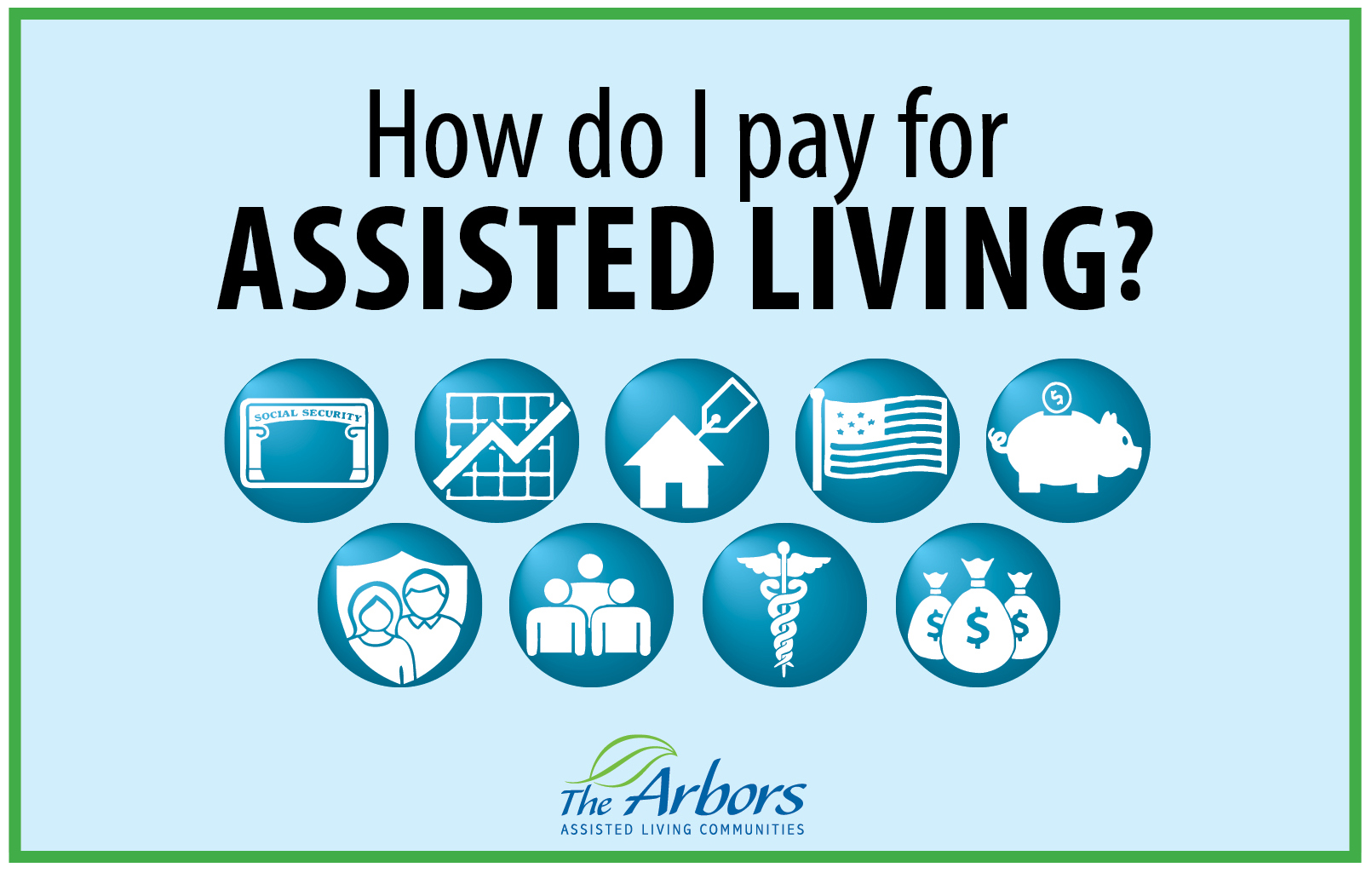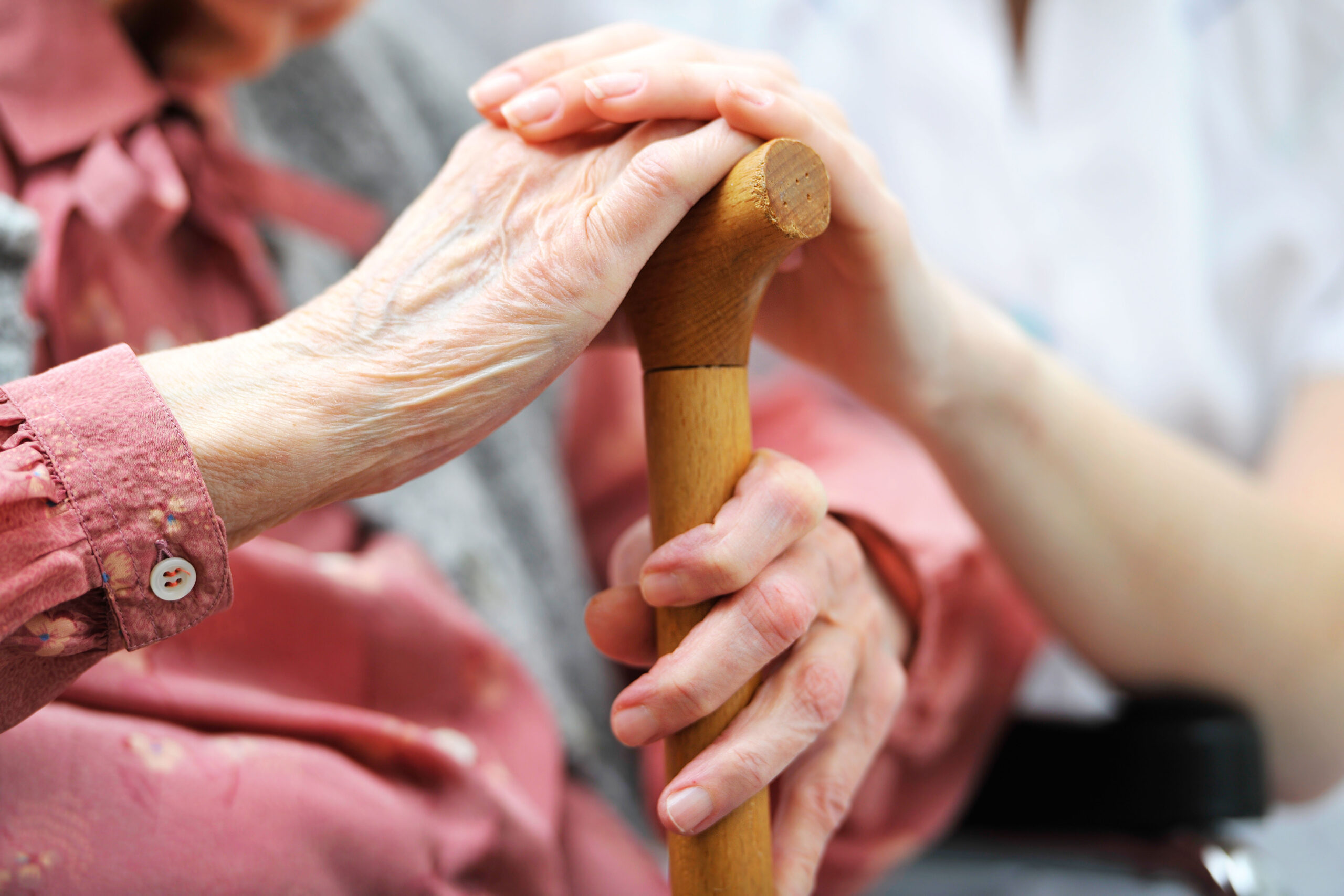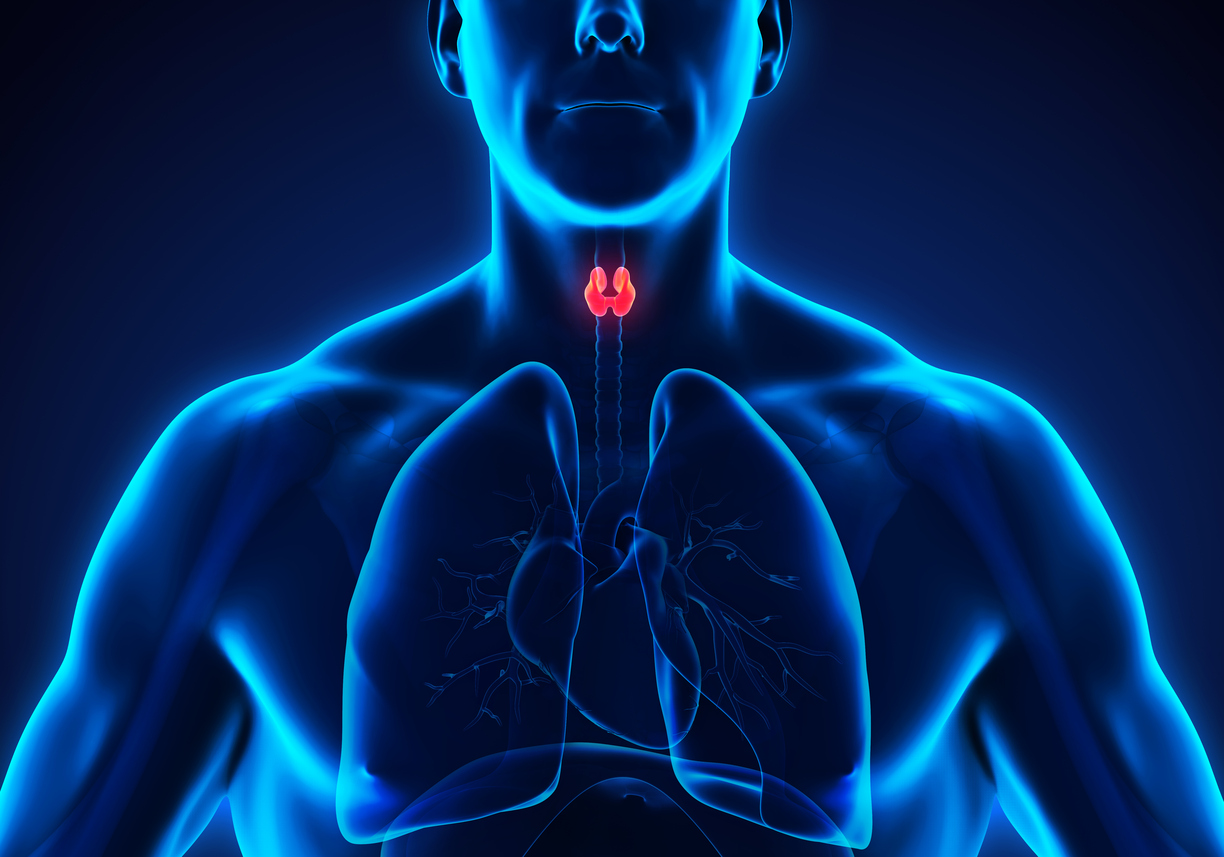(631) 778-7747
How Iodine Deficiency Can Affect Your Thyroid

How Iodine Deficiency Can Affect Your Thyroid
March 16, 2017
When was the last time you made sure you had enough iodine in your diet? For those who don’t know how much iodine to consume, make sure you become educated sooner rather than later. Not getting enough of this important element can cause serious thyroid problems down the road.
Thyroid Problems
When the body doesn’t receive enough iodine, a condition called hypothyroidism can develop in which the thyroid won’t produce enough hormones. As a result, a person can feel fatigued, sensitive to temperatures, and experience rapid weight gain. Once a thyroid problem develops, reversal of the condition will need to be treated with medication and sometimes replacement if the problem becomes serious.
Where to Find Iodine
The average person needs roughly 150 micrograms of iodine per day to maintain healthy function of the thyroid. Per serving, here are some food types you can find high traces of iodine in:
- Milk – 55mcg
- Cheese, Yogurt, Butter – 10 to 100mcg
- Eggs – 25mcg
- Enriched Bread – 45mcg
- Fish – Up to 100mcg
Diet Restrictions
A person who can eat without restrictions will have no problem reaching their daily requirement of iodine for the day. However, those who have specific food allergies, medical conditions, or are taking certain medications are sometimes limited to the foods they can eat. Vegans and people on gluten or dairy-free diets might develop an iodine deficiency. If you fall into one of these categories, use iodized and fortified salts or a multivitamin rich in iodine to make up the difference.
Having an iodine deficiency isn’t something many people think about, but it’s something that can have a huge effect on your thyroid. For other useful tips and information, visit our blog! If you’re interested in learning more, or visiting The Arbors Assisted Living community, schedule a tour by contacting one of our five convenient locations:
Recent News

Winter Readiness for Caregivers: Do You Have a Plan?
January 6, 2026

Important Topics to Discuss With Local Assisted Living Centers
November 10, 2025

When It’s Time: Helping Your Parents Accept the Need for Assisted Living
October 15, 2025

How to Encourage an Aging Parent to Shower When They Refuse
July 2, 2025

How Do I Pay for Assisted Living
June 6, 2025

3 Signs You Should Consider Assisted Living
May 15, 2025

How to Deal with a Senior Resisting Moving to Assisted Living
April 1, 2025
GET IN TOUCH
Let’s Talk About Making The Arbors Your Home
REQUEST A VISIT
Schedule a Tour of our Long Island Assisted Living Communities



















































